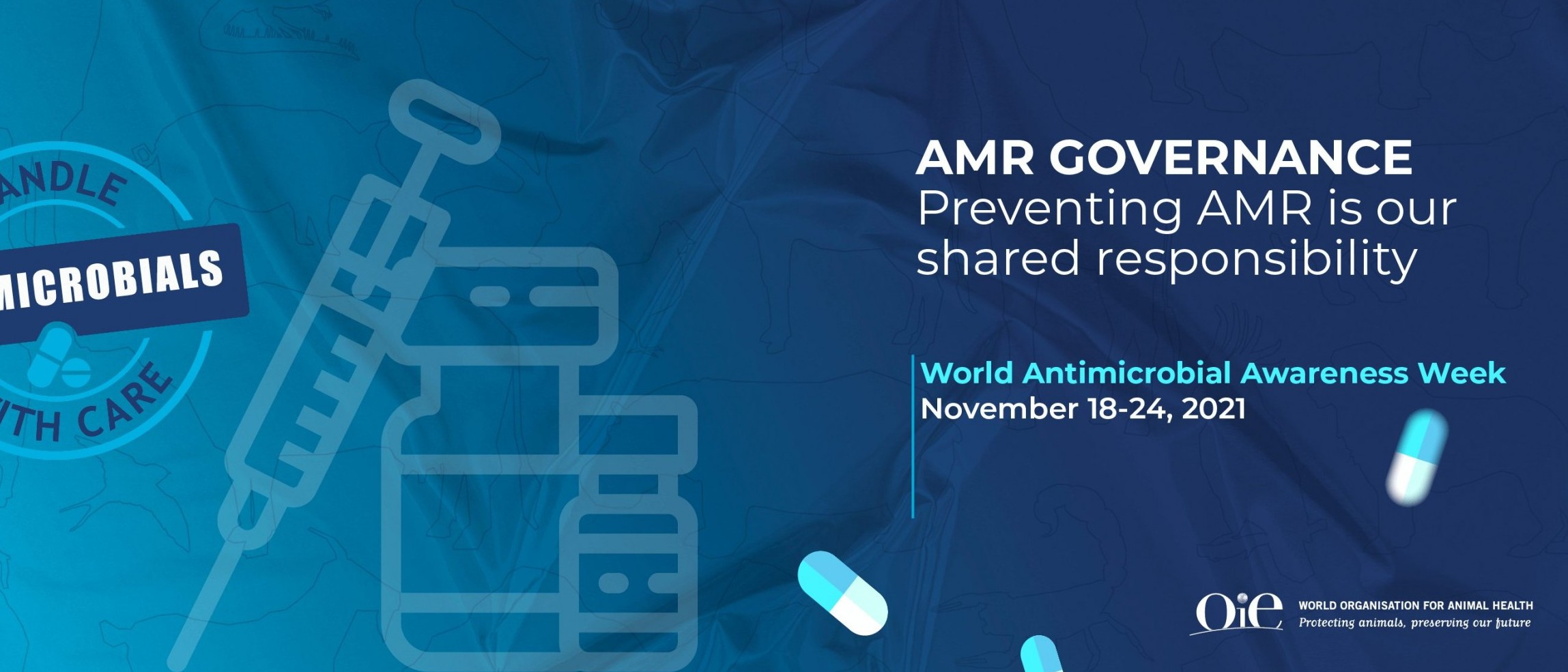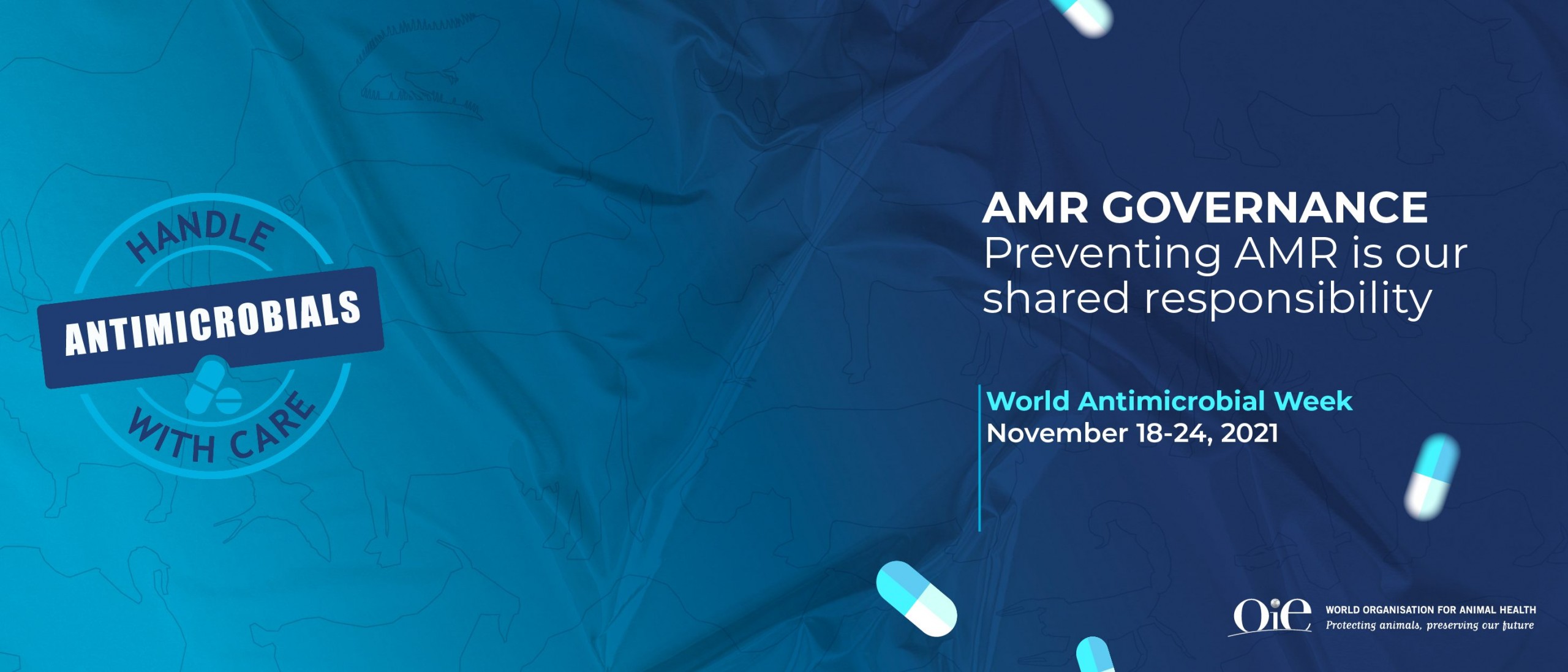



The leaders of six regional organizations in Africa are calling for stronger governance to fight antimicrobial resistance, or AMR, World Antimicrobial Awareness Week (18-24 November) campaign begins today.
The emergence and spread of antimicrobial resistance in Africa – where micro-organisms such as bacteria, viruses, fungi and parasites are resistant to antimicrobial treatment – is complicating the management of many infectious diseases, and endangers animal health and welfare, and food production, safety and security.
Addressing AMR requires an holistic and multi-sectoral approach. World Antimicrobial Awareness Week in Africa aims to encourage best practices among the public, health workers, farmers, animal health professionals and policy makers to prevent further emergence and spread of drug-resistant infections in people and animals.
The week also marks two years since a unique partnership of six regional organizations was formed to push ahead on fighting AMR in Africa, involving the Tripartite Partners (the Food and Agriculture Organization of the United Nations (FAO), the World Organization for Animal Health (OIE), and the World Health Organization (WHO)), with the UN Environment Programme (UNEP) , the Africa Centres for Disease Control and Prevention (Africa CDC), and the African Union Inter-African Bureau for Animal Resources (AU-IBAR)..
Events in Africa during WAAW 2021 include:



AMR Governance: Preventing AMR is our shared responsibility
Simple steps individuals can take to reduce AMR risk in their communities include:
Be AMR-Smart: Staying healthy by washing hands frequently and practicing good hygiene, and thinking twice and seeking advice before buying and using antimicrobials. Farmers can improve farm management, hygiene, animal welfare and biosecurity practices to prevent animal infections and the spread of germs. When animals get sick, the best course of action is to seek a correct diagnosis and follow instructions to administer antimicrobials properly and use vaccines when indicated.
Be an educator: To help spread awareness of AMR, a simple step is to wear blue during World Antimicrobial Awareness Week. Despite being a leading global public health threat, many policymakers, professionals, and the general public often remain largely unaware of AMR. To improve visibility of this health priority, individuals, communities, and organizations are encouraged to wear blue to highlight the issue.
Be a vaccine hero: Keeping people healthy so they don’t need to take any antimicrobial in the first place is key to fighting AMR. Get vaccinated and encourage your family and friends to get vaccinated against all diseases that have vaccines.

Contacts
Africa Centres for Disease Control and Prevention
African Union Inter-African Bureau for Animal Resources
FAO
Regional Office for Africa – [email protected]
Regional Office for the Near East and North Africa – [email protected]
OIE
Regional Office for Africa – Lyne Iyadi [email protected]
UNEP
WHO
Regional Office for Africa – Collins Boakye-Agyemang [email protected]

